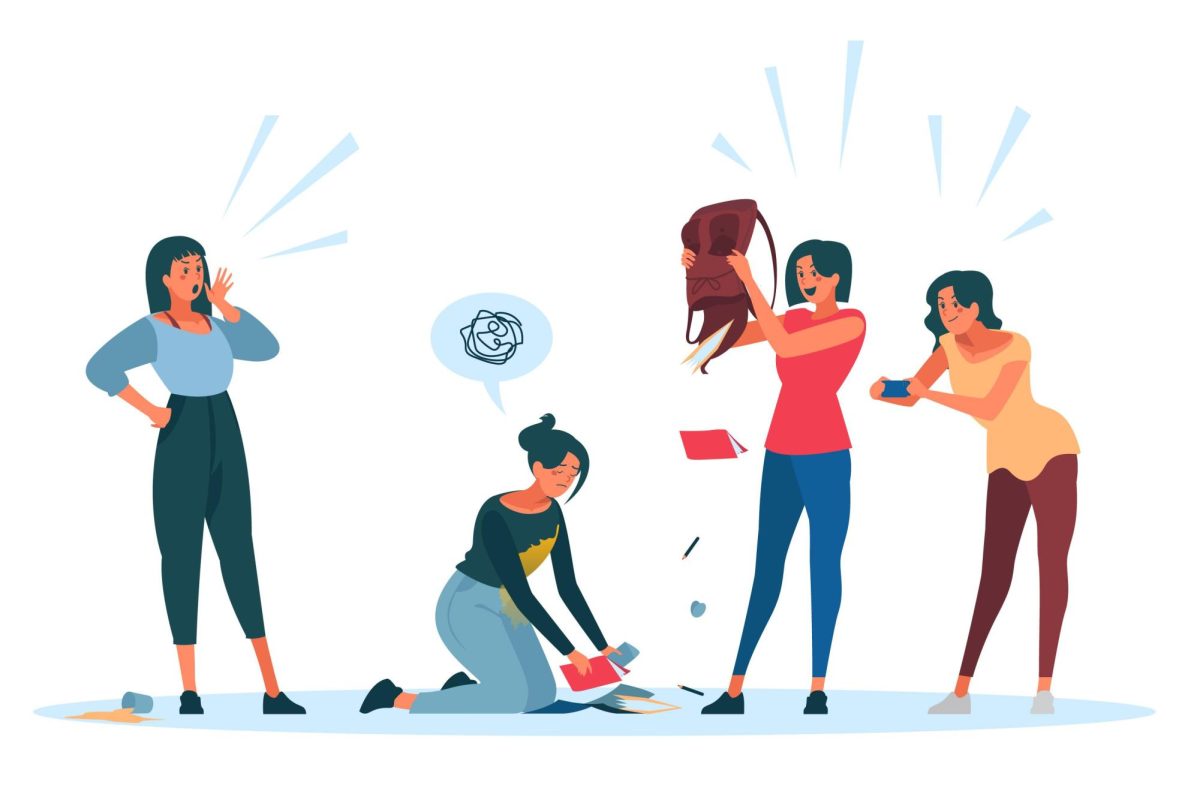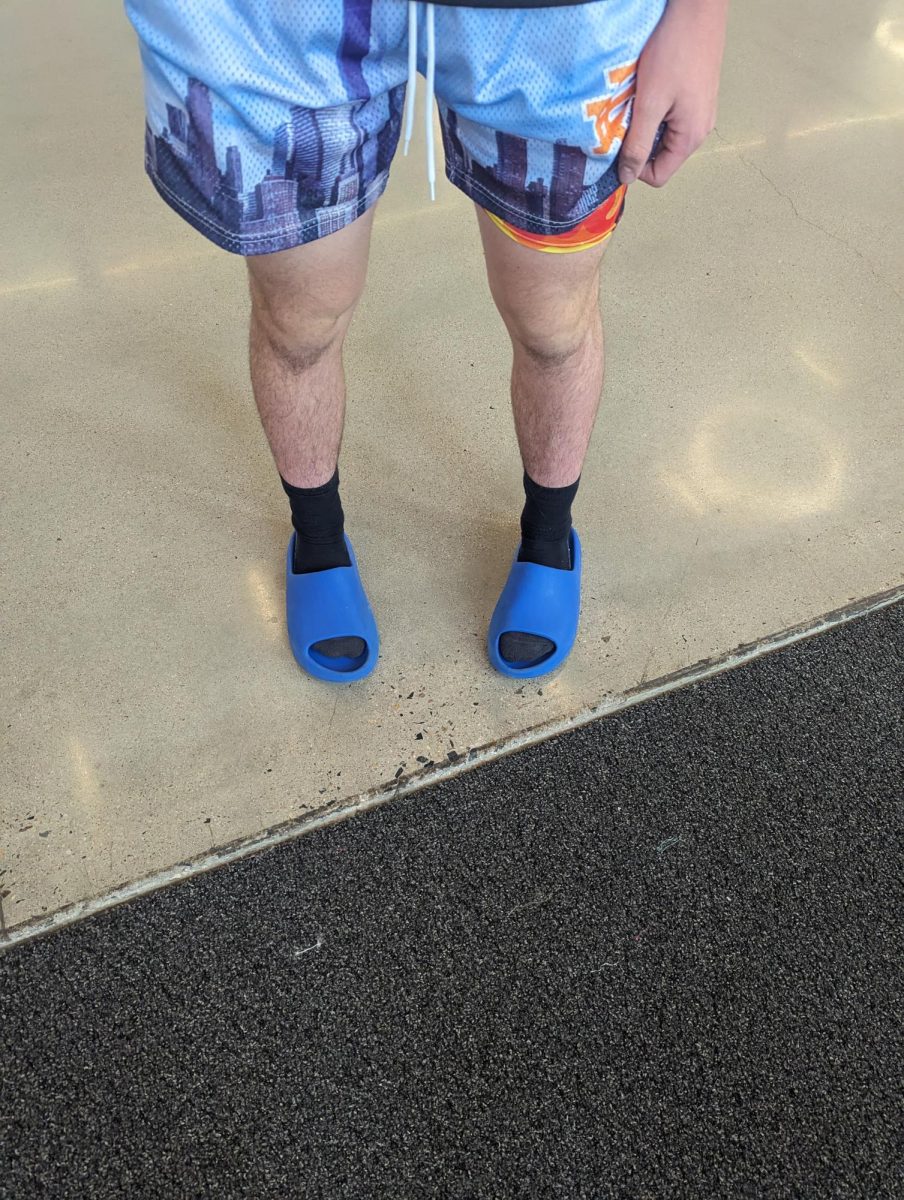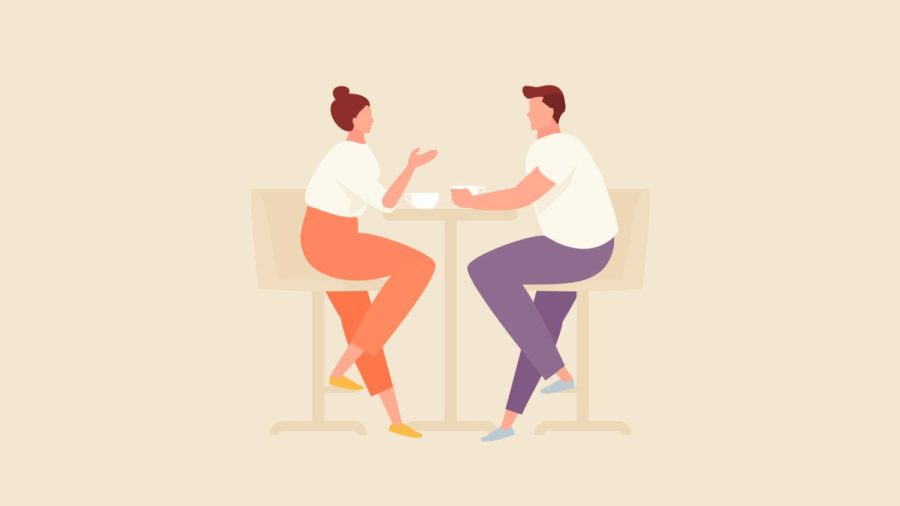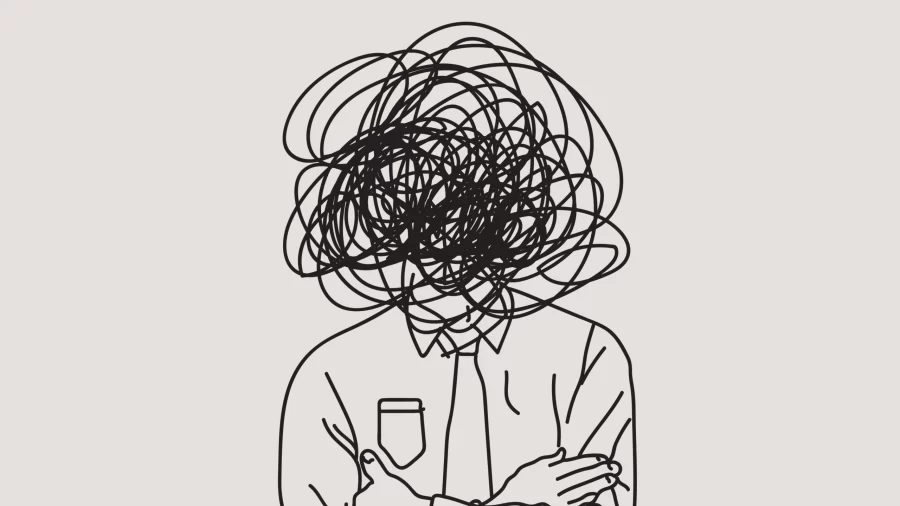Feeling tired? Well, you’re not the only one. But why? Why does it seem that even after pushing school back by 2 hours, students are still tired? Well, there are many factors that could impact your quality of sleep.
Sleep is essential for everyone, especially growing teenagers. Ensuring our bodies have enough time to rest and recover is crucial to maintaining good health. When people don’t get enough sleep, it can interfere with their brain’s ability to process things, weaken their immune system, increase anxiety, lessen appetite, and worsen their overall mood.
Keep reading to learn about six factors that could be impacting your sleep
1. Homework
The best way to get consistently good sleep is to have a strict sleep schedule. However, homework can easily derail kids’ sleep patterns. When you don’t go to sleep at a consistent time, your body doesn’t know when to feel tired. Not having a consistent bedtime stresses the body out resulting in not being able to fall asleep when you want to.
One thing that is known to impact sleep schedules is unpredictable amounts of homework. At Timnath, we don’t have particularly high amounts of homework, however, it also depends on your schedule. Some students can have no homework at all and others (usually in high-level classes like AP) can have several hours of homework: Lily, a sophomore here at Timnath, reported to have 7 hours of homework. Not to mention the students who do extracurricular activities or after-school jobs.
2. Diet
When it comes to getting better sleep, people tend to overlook how their diets could be affecting them. Out of the students that I interviewed or know personally, only a few of them ate breakfast regularly. A balanced diet is necessary for providing energy throughout the day.
When asked if she thinks that diet has anything to do with sleep habits, Mrs. Bickley, a science teacher here at Timnath, answered “Yes, quick sugars in the morning aren’t going to sustain you throughout the day”
Certain foods can also help you fall asleep more easily. According to the Sleep Foundation, “Kiwi, cherries, milk, fatty fish, nuts, and rice have been found to aid in relaxation and sleep.”
3. Stress
High school can be very stressful. Constant pressure from yourself, your family, and your peers. Many kids struggle with stress on a daily basis.
Stress can be hard on sleep habits. When you are stressed it is harder to sleep but also if you don’t sleep it will make you more stressed. Finding ways to reduce stress is the best way to get a better quality of sleep. If you are stuck awake worrying about something, it is best to remember to take a deep breath and try to meditate.
4. Phones
Phones can be addicting. When you’re on your phone before bed you feel relaxed, so you decide to go to bed, then you can’t fall asleep so you get bored and go on your phone.
No teenager wants to hear that phones are bad for them. Sure, a lot of it is old people yelling that our phones are rotting our brains while they’re on their phones just as much if not more than us, however, there is scientific evidence of phones affecting sleep. According to the Child Mind Institute, “The light coming from the screen keeps their brains from making melatonin, which is the sleep hormone.”.
When asked for tips to get better sleep, Mrs. Bickley stated, “Put your phone down earlier. Blue lights affect sleep patterns. Give yourself at least an hour to wind down before bed.”
5. Biology
Sometimes lack of sleep can be caused by something as simple as biology. Women, especially teenage girls, need more sleep on average than men. An experiment was conducted that studied different people’s sleeping patterns; the study concluded that on average, women are quicker to fall asleep and stay in a deep sleep longer than men. This implies that women tend to have a greater need for sleep. Experts say that most women need at least 11 more minutes of sleep than men do.
Although women need more sleep than men, women struggle more to acquire the necessary amount of sleep. One main reason for this is because of hormonal changes. Women tend to have higher hormone levels. Hormonal changes tend to have the highest effect on sleep around menstruation when girls are their most hormonal.
6. Hormonal Shifts
Irregularity in hormone levels is probably the most common reason for teens not being able to get enough sleep. Our bodies are constantly changing. With fluctuating amounts of melatonin production, we aren’t always going to feel or be able to get on a consistent sleep schedule.
On top of that our bodies are naturally inclined to stay up later due to what used to be evolutionarily necessary. Although it is no longer necessary in today’s day and age, our bodies haven’t been able to realize that yet. As we continue to grow and mature, our bodies will slowly begin to be able to regulate themselves. The best thing to do until then is to take care of both your physical and mental health.
Sources:
- https://www.cdc.gov/healthyschools/features/students-sleep.htm
https://childmind.org/article/teenagers-sleep-deprived/#:~:text=Experts%20say%20teens%20need%20over,screen%20time%20and%20unreasonable%20expectations.
- https://sleepfoundation.org/nutrition
- https://www.sleepfoundation.org/women-sleep/do-women-need-more-sleep-than-men#:~:text=Women%20need%20on%20average%2011,common%20sleep%20disruptors%20for%20women.






















